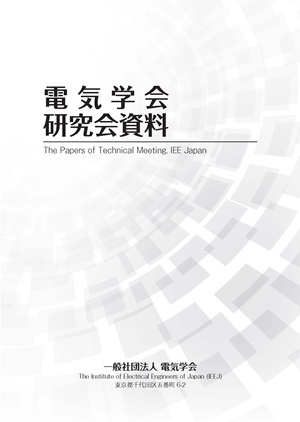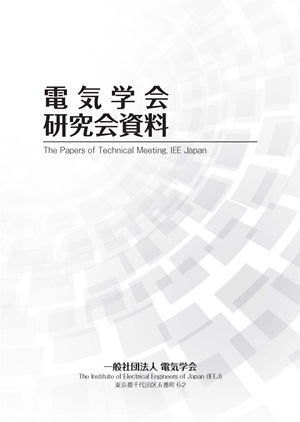高温における薄層SOIパワーnチャネル及びpチャネルMOSFETのACストレスによる素子特性変動の比較
高温における薄層SOIパワーnチャネル及びpチャネルMOSFETのACストレスによる素子特性変動の比較
カテゴリ: 研究会(論文単位)
論文No: EDD21045,SPC21135
グループ名: 【C】電子・情報・システム部門 電子デバイス/【D】産業応用部門 半導体電力変換合同研究会
発行日: 2021/10/18
タイトル(英語): Comparison of the instability in device characteristics for thin-film SOI power n- and p-MOSFETs at high temperature under AC stress
著者名: 山西 理樹(九州工業大学大学院),松本 聡(九州工業大学)
著者名(英語): Riki Yamanishi(Kyusyu Institute of Technology Graduate School),Satoshi Matsumoto(Kyusyu Institute of Technology)
キーワード: 薄層SOIパワーMOSFET|ホットキャリア効果|バイアス温度不安定性|thin-film SOI power MOSFETs|hot carrier effect|bias temperature instability
要約(日本語): 本研究では、高温における薄層SOIパワーp-MOSFETの素子特性変動のメカニズムがn-MOSFETとは異なることを明らかにした。p-MOSFETのオン抵抗劣化率は、373K以上の温度では温度の上昇に伴い増加するが、n-MOSFETでは温度の上昇に伴い減少する。p-MOSFETのしきい値電圧シフトはNBTI効果により、温度の上昇に伴い増加するが、n-MOSFETでは温度の上昇に伴いホットキャリアは減少するため、しきい値電圧シフトは減少する。
要約(英語): In this study, we compare the device instability (hot carrier effect, negative bias temperature instability (NBTI), and positive bias temperature instability (PBTI)) of a thin-film Silicon on Insulator (SOI) power n-MOSFET and p-MOSFET at a high temperature under AC stress. For a p-MOSFET, the degradation rate of the on-resistance increases with an increase in temperature beyond 373 K. Contrarily, for an n-MOSFET, the degradation rate decreases with an increase in temperature. For a p-MOSFET, the threshold voltage shift increases with an increase in temperature due to the NBTI, whereas, for an n-MOSFET, it decreases with an increase in temperature. This is because the hot carrier effect decreases with an increase in temperature under AC stress. In this study, we clarify that the instability mechanism of the p-MOSFET under AC stress is different from that of the n-MOSFET
本誌: 2021年10月21日-2021年10月22日電子デバイス/半導体電力変換合同研究会-1
本誌掲載ページ: 25-30 p
原稿種別: 日本語
PDFファイルサイズ: 1,198 Kバイト
受取状況を読み込めませんでした




